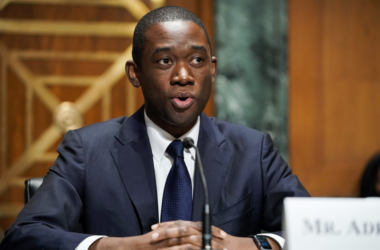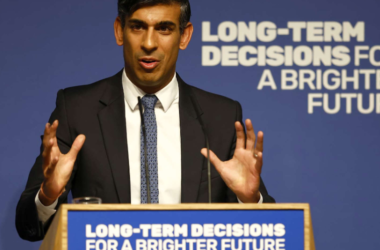A health minister has come under scrutiny following allegations of cronyism after awarding a lucrative advisory contract to a company led by a close associate. The contract, valued at £137,460, was granted to iDevelop, a management consultancy headed by Nigel Crainey, an associate of Health Minister Nick Markham. This decision was made despite significant objections from civil servants regarding the necessity and financial justification of the contract, as well as concerns about potential conflicts of interest.
Nick Markham, instrumental in the Department of Health and Social Care’s (DHSC) decision, faced criticism for overriding these objections to secure the contract for Crainey’s firm. Civil servants had warned that the contract was not essential, did not provide value for money, and presented a “reputational risk” for the department and the National Health Service (NHS). One official from the DHSC’s new hospitals team, when questioned by NHS England about the engagement of iDevelop, responded: “Because we have been told to.”
Documentation obtained through freedom of information requests reveals that Markham disregarded significant internal dissent to ensure that iDevelop, which bypassed a formal tendering process, received the contract.
Shadow Health Secretary Wes Streeting criticized the decision, accusing the government of “waste, cronyism and corruption,” and prioritizing the wrong aspects of the new hospitals programme (NHP), the government’s initiative to deliver “40 new hospitals by 2030,” a pledge made by former Prime Minister Boris Johnson in the 2019 election campaign.
The NHP has been under scrutiny, with only 10 of the promised hospitals having obtained planning permission. A report from the cross-party public accounts committee in November expressed doubts about the feasibility of completing the promised facilities, suggesting that they may be “too small even if they are” built.
An internal DHSC document revealed that officials examining the contract raised multiple concerns about awarding it to Crainey’s firm. They noted the high-profile nature of the NHP and questioned the decision to award such a significant contract without a competitive process. Concerns were also raised about the prior professional relationship between Markham and Crainey. Markham previously chaired London Continental Railways, while Crainey served as its Chief Operations and Transformation Officer.
The approval for the contract came from Steve Barclay, the then Health Secretary, despite these objections. Crainey’s firm was engaged to provide advisory services for up to three days a week from August 2023 to January 2024, at a daily rate of up to £1,527.33.
An NHS England official raised questions in June last year about the necessary approvals for Crainey’s appointment, to which a DHSC NHP team member confirmed approval from the Secretary of State.
The public accounts committee’s November report criticized the NHP for being overly reliant on consultants, which made up 62% of its team as of February 2023, contributing to higher costs and potential continuity issues. Between April 2021 and March 2023, the NHP spent £70 million on consultancy services, representing 79% of its running costs, and planned an additional expenditure of £842 million on consultants from 2023/24 to 2030/31.
The civil servants’ disclosed concerns challenge the DHSC’s previous claims of a “clear justification” for the contract. Nick Markham redirected questions about his involvement to the DHSC, citing election rules as a reason for not commenting. The DHSC did not respond due to these rules. A Whitehall source defended the use of consultants, stating it is standard practice for major government projects and that the contractor had relevant experience with the Department for Transport.
Nigel Crainey declined to comment on the matter. Wes Streeting criticized the Conservatives, stating their failure to deliver new hospitals was due to prioritizing financial gains for associates over rebuilding the NHS.








